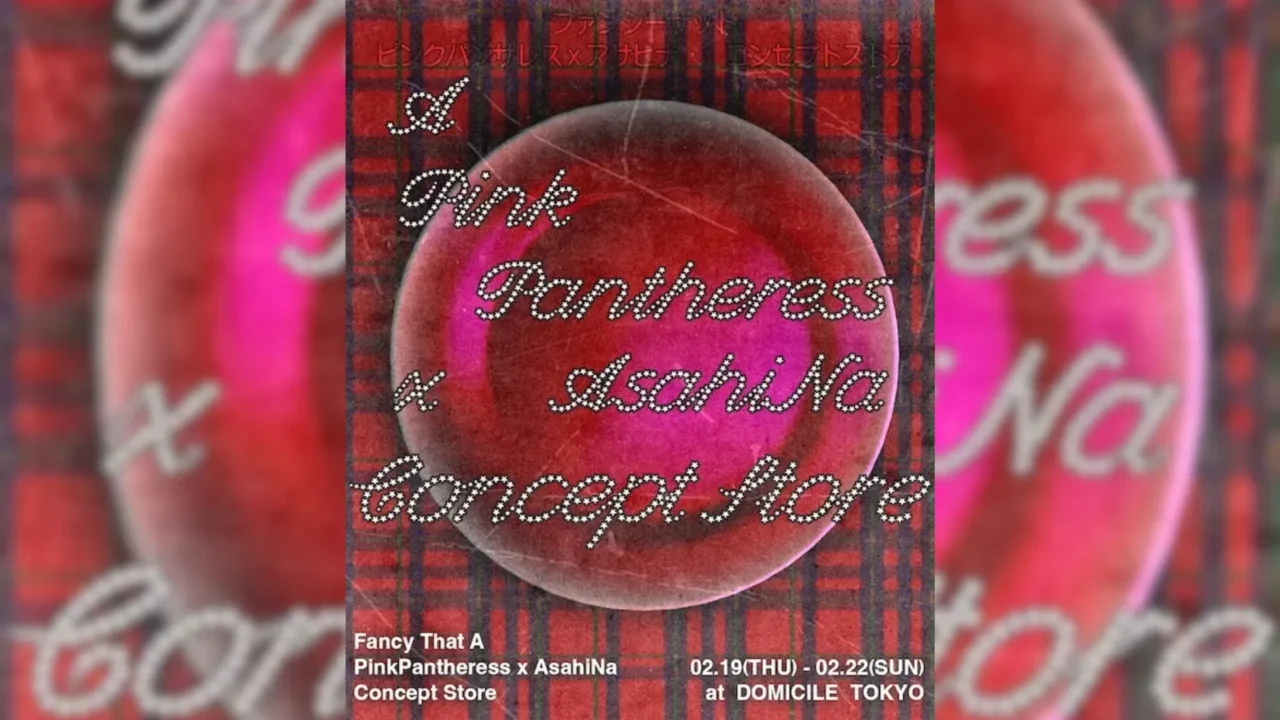INDEX
Refreshing Rather than Dismantling
-Earlier, Kishino mentioned the idea of “not creating an inside=community.” What kind of image do you have regarding human interactions within the community at that time?
Kishino: People often ask me, “Why don’t you form an NPO?” I myself have avoided being a leader or a founder, and have taken the stance that I am simply a festival man in the town.
Returning to my point about “not creating a community,” in fact, it is easier to make progress if you operate in the form of an organization or group. However, this approach has only been used for four to five years. Usually, the rules become too strict and oppressive, and problems arise. The more they are recognized from the outside, the more they become a skeleton. Therefore, we have adopted the form of a mutual support network that allows people to come and go as they wish, project by project. When each project achieves its goal, it is disbanded.
Of course, we are open to people from outside, but as a result, people who are close to the project tend to continue. That is just the result, isn’t it? In some areas, there are pre-existing frames such as neighborhood associations. So you are saying that while building a relationship with that, you are preparing an alternative frame, a system that allows people to come and go, a system that is not a community.

-It may seem like a bit of a leap, but in that context, the Indonesian collective “RUANGRUPA” which served as the director for “Documenta 15” in 2022, brought to light the cultural activities of their region.
RUANGRUPA, based in Jakarta, introduced the concept of “Rumah” at “Documenta 15,” which means “rice barn” in Indonesian. This refers to a communal rice storage shared by the local community, where the rice stored there becomes a shared resource for everyone. Ruangrupa implemented this local mechanism into Documenta, creating unconventional projects with the slogan “NO ART MAKE FRIENDS,” which garnered attention.
Kishino’s practices resonate with this idea of focusing on existing local mechanisms and fostering relationships between people to share something not rigid but loosely.
The “Kassel Art Fair” is one of the world’s most influential international art exhibitions, held once every five years in Kassel, Germany. One or a group of directors selects the overall theme and artists for each exhibition.
Kishino: My practice is not art, but rather an extension of my daily life, but I feel that I am doing something close to that.
There are both bad and good aspects to the customs and climate that have existed in the community for a long time. On the bad side, they can inhibit new forms of democracy or be oppressive to the individual. On the other hand, the good side is the sense of building a relationship of mutual trust within the local community and managing the society jointly. I wonder if it would be possible to update this sense to fit the times and make it more suitable for today’s society.
One such activity that I have been engaged in for a long time is to update local festivals in a modern way. When I do this, I sometimes get comments like, “Why do we have a different festival when we have an old one? However, we dare to ask for cooperation and participation from those who have been involved in the traditional festivals. Instead of starting a new one, we think of ways to cooperate with what is already in place.
Kishino: And the “Sumiyume Odori Procession” was not organized by a neighborhood association, but as a project of the ward. Again, we asked for the cooperation of the neighborhood associations. New residents are often hesitant to participate in the activities of neighborhood associations, but with this framework, we could invite people from outside and work together. I think this will make the community a very democratic place.
Ideguchi: Through Kishino’s activities, as I mentioned earlier about the tourism association, something and someone, or someone and someone, can meet, transcending the conventional fixed framework. That is interesting, isn’t it? What I want to do as a designated manager is something similar. There are some things that take time and cannot be handled by the old system, such as neighborhood associations and administrative jurisdiction, but private designated managers can speedily take care of them. In the end, I think this is what will bring the most return to the citizens.

-When it comes to the designated manager system, there are often many opportunities for the negative aspects to be highlighted, but in reality, it can also have its advantages.
Ideguchi: Yes, it does.
Kishino: In the end, it depends on the designated manager. I am in a different social position from you, but I feel that we are suited for the same things.


























